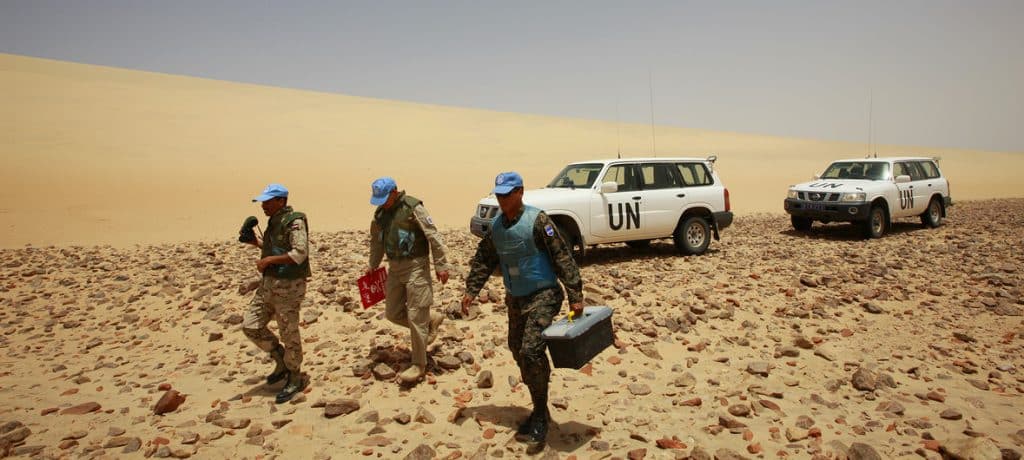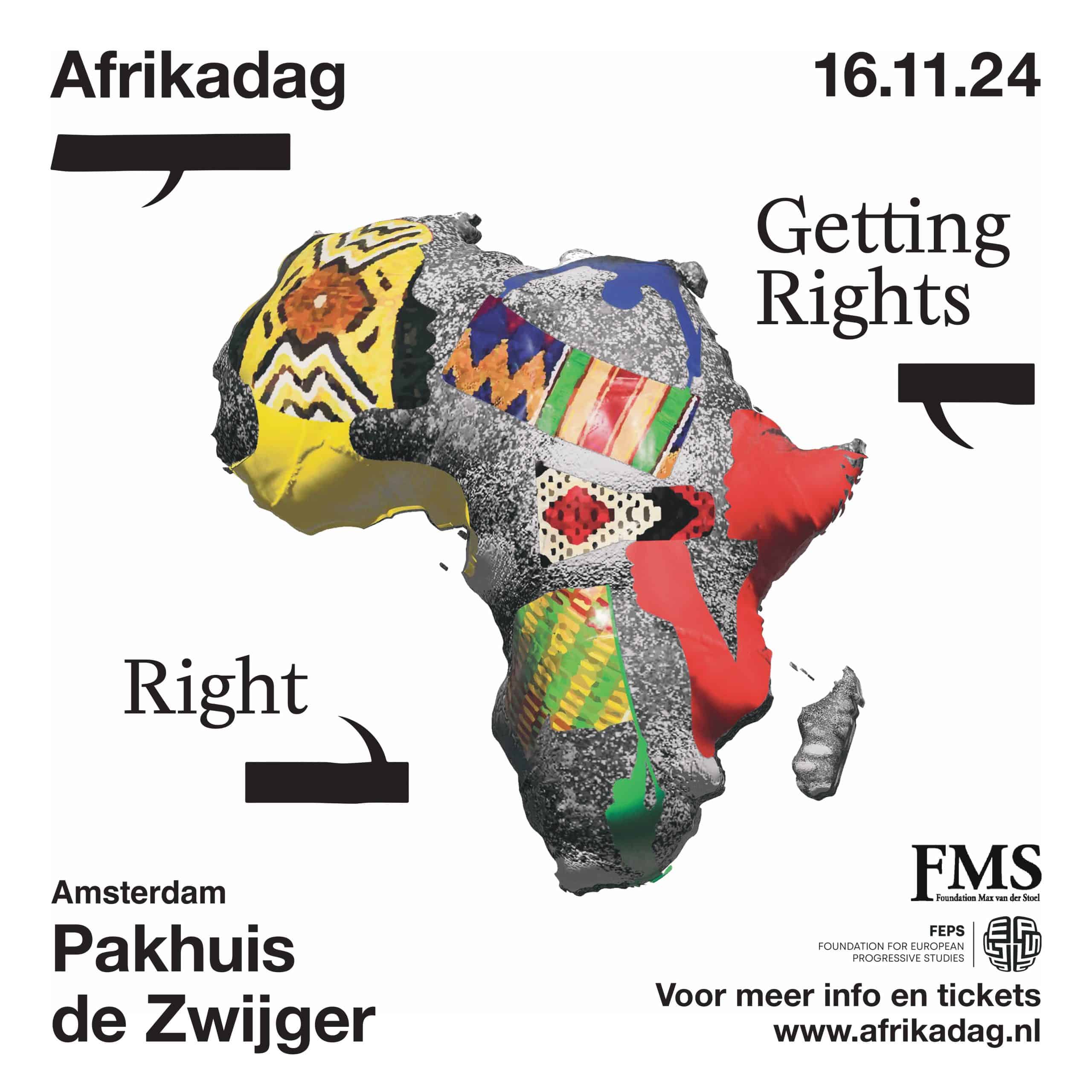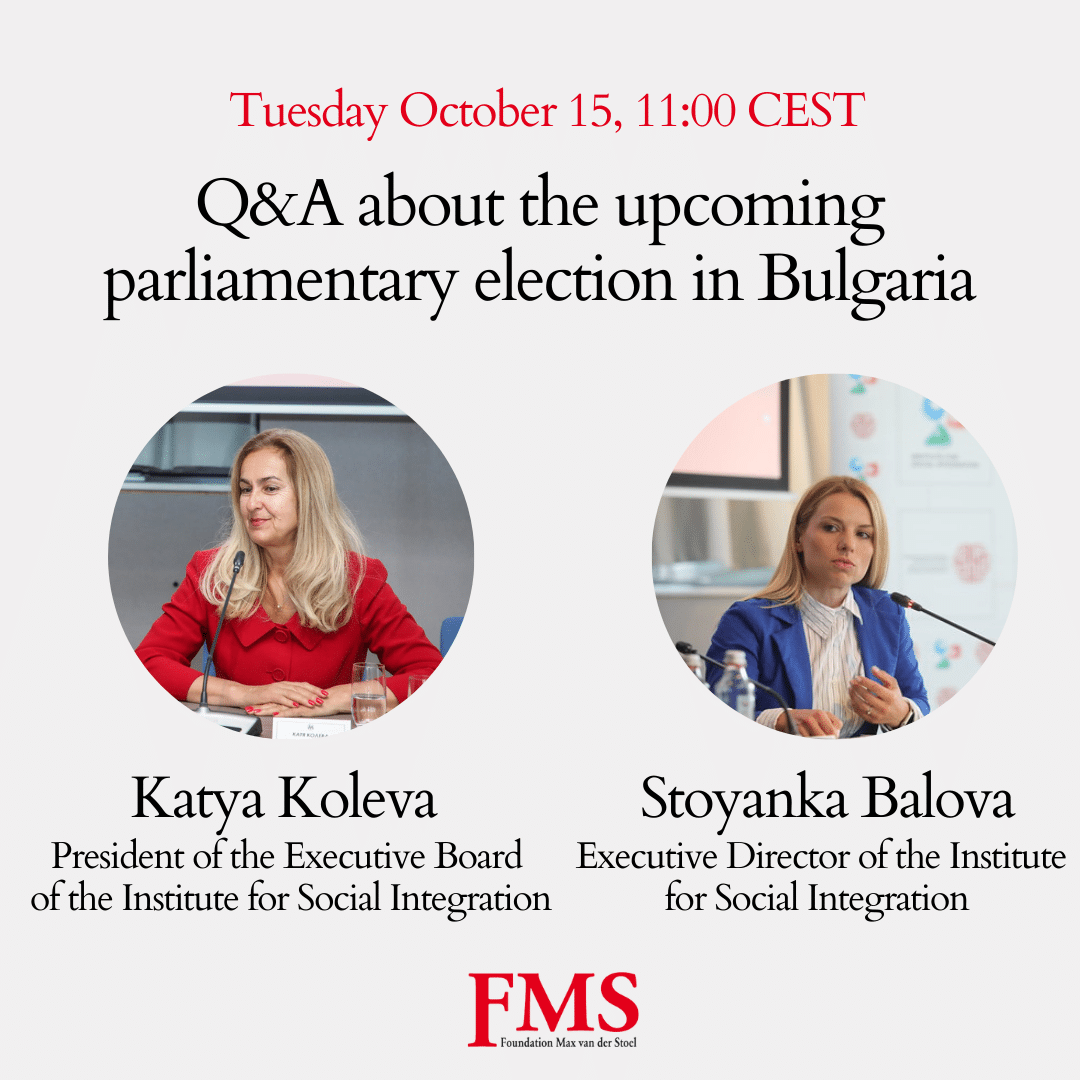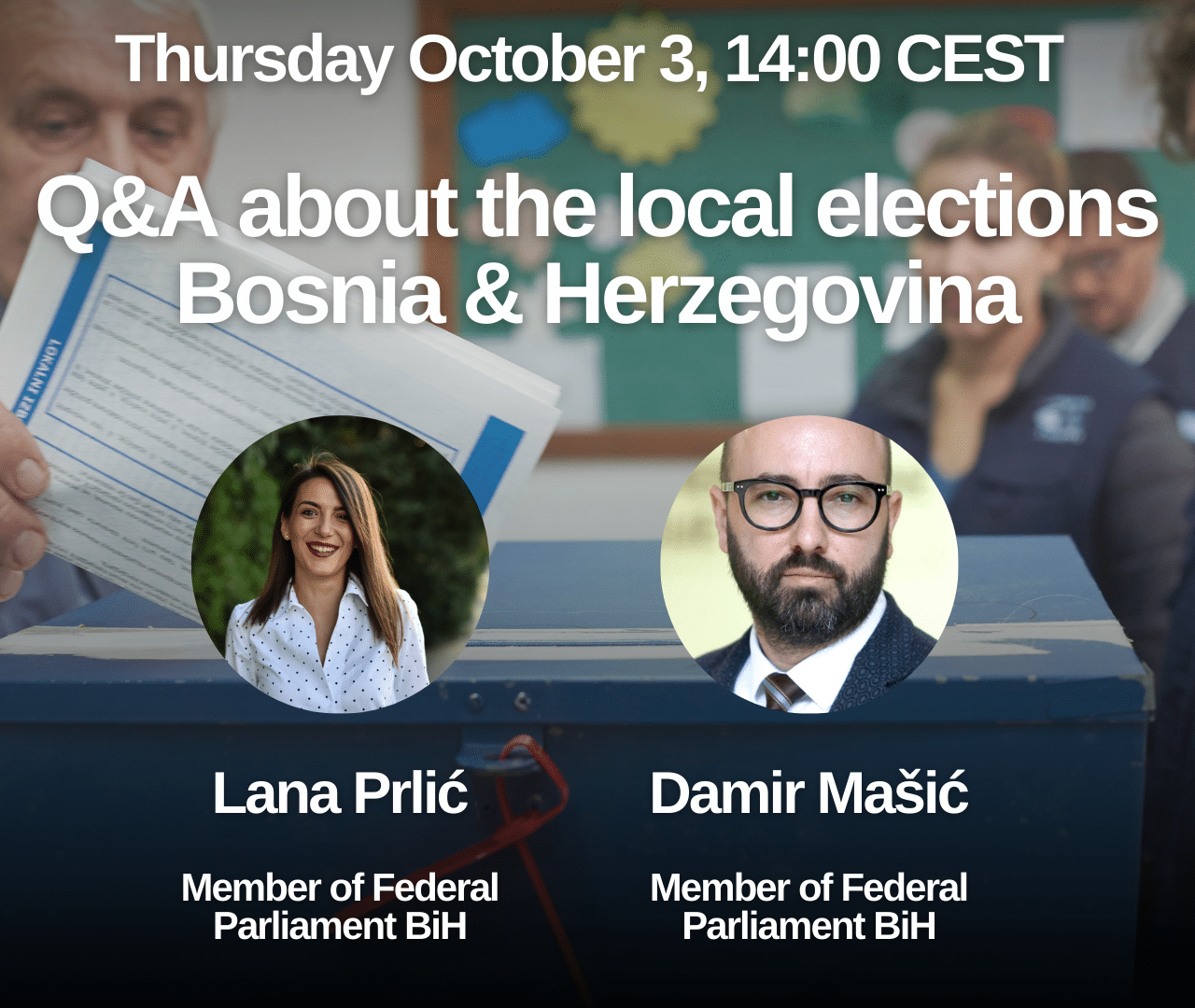President Trump has made a deal with Morocco that will recognise Israel. In return, Morocco will get $3 billion in investment and US recognition of Moroccan sovereignty over Western Sahara. This is a rare form of horse-trading that the EU cannot simply ignore.
President Trump announced the deal on Twitter on 10 December, citing Morocco's recognition of the US in the year 1777. For that reason, it would be "appropriate" for the US to recognise Morocco's sovereignty over Western Sahara. This is extremely remarkable for two reasons. First, it is highly unusual for an outgoing president to proceed with such far-reaching political decisions as such recognition. Second, this decision is at odds with the US' recent support for the UN's commitment to a referendum on Western Sahara. As recently as 30 October, the US supported the adopted UN resolution 2548 to extend for six months the UN mission MINURSO to organise that referendum.
US aid to Morocco also comes at a particularly unfortunate time on the ground. For almost 30 years there was a ceasefire between Morocco and Polisario, the organisation representing the people of Western Sahara. That truce was recently disrupted by Moroccan military action. The UN, supported by the US and the EU, has wanted a referendum on the future of Western Sahara for three decades. Because the EU, and also the Netherlands, are involved in this conflict through trade and imports, we should not look away now.
Morocco intervened militarily on 13 November to unblock the blockade of the trade route near Guerguerat in occupied Western Sahara to Mauritania. The Sahrawis, the inhabitants of Western Sahara, do not accept Morocco stealing raw materials (phosphate) and products (tomatoes, fish) from Western Sahara and selling them worldwide as "products of Morocco. This trade violates the Geneva Convention that prohibits occupying powers from exploiting raw materials from occupied territory. The international law status of Western Sahara is not unclear. As early as 1975, the UN ruled that Western Sahara was a non-self-governing territory and that there should be a referendum on its status. The International Court of Justice held that Morocco had no sovereignty over the territory and it confirmed the need for a referendum.
Last year, several shiploads of fish oil arrived at the port of Rotterdam directly from Western Sahara. With that trade, Morocco finances the occupation of Western Sahara using Dutch fiscal aid. That trade is seen through EU treaties as trade with a privileged country. That the Sahrawis should be able to express themselves on the future of Western Sahara is obvious. They have international law on their side. However, Morocco refuses to cooperate with a referendum if the independence option is also on the table. According to the UN, a solution to the conflict is more urgent than ever as the region's instability increases, as does the risk of terrorism towards the EU. Here a comparison with neighbouring Mali, which is also partly a haven for terrorists, comes to mind. Intervening in the conflict between Morocco and Western Sahara is thus not only an EU interest, but certainly also a Dutch concern.
Harry van Bommel was a Member of Parliament from 1998 to 2017 and a member of the Parliamentary Assembly of the OSCE and NATO
Photo: UN News, UN Photo/Martine Perret





